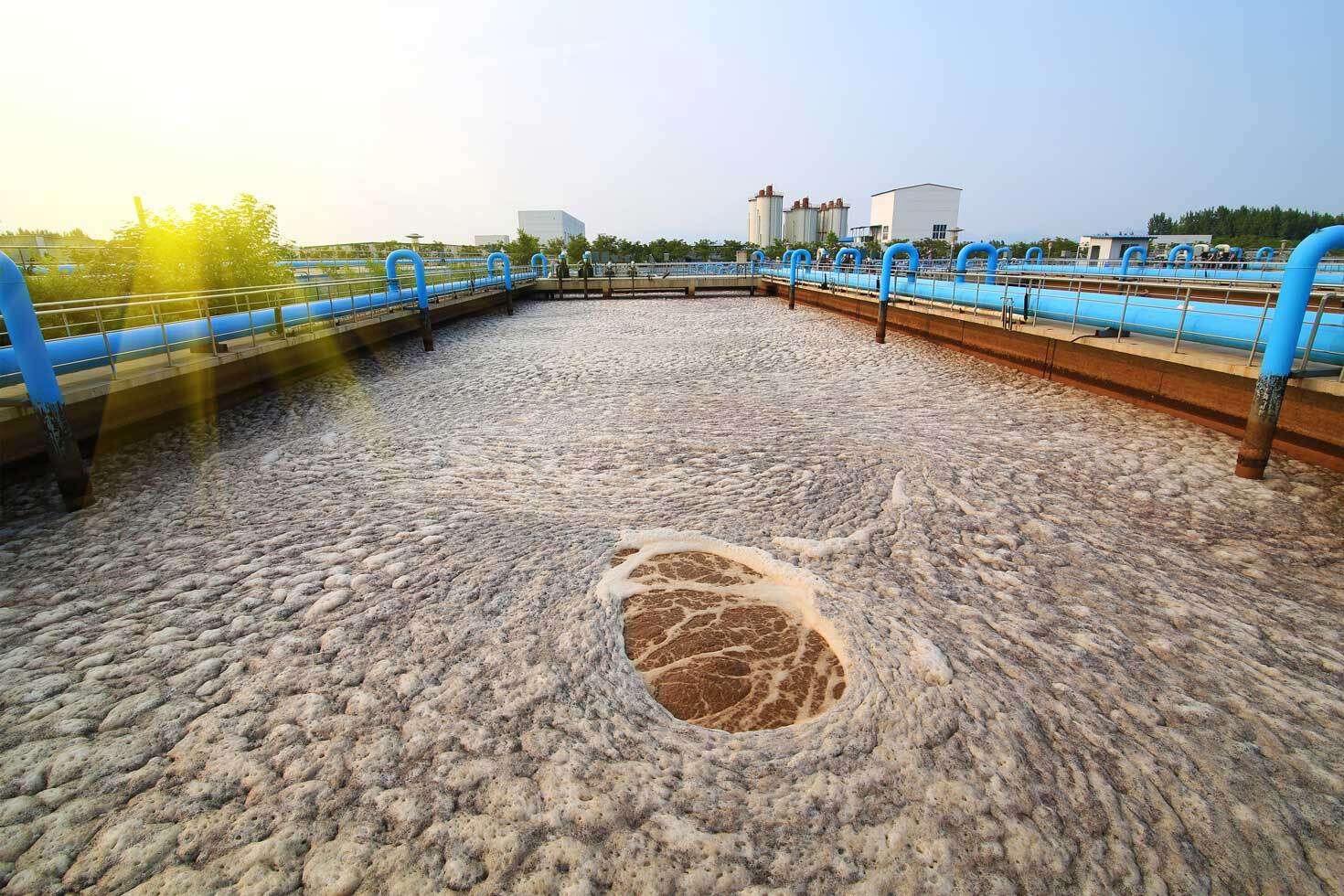Filtering COD, BOD and suspended solids for a glass recycling company
For the growing recycling sector, complying with the strict standards on discharging rainwater is a constant challenge. By using the right treatment methods, you can save your company a great deal of trouble. The combination of a DESOTEC Mobicon filter with an alternative treatment called an Oxycon has been shown to work effectively and lower total cost of ownership (TCO).




